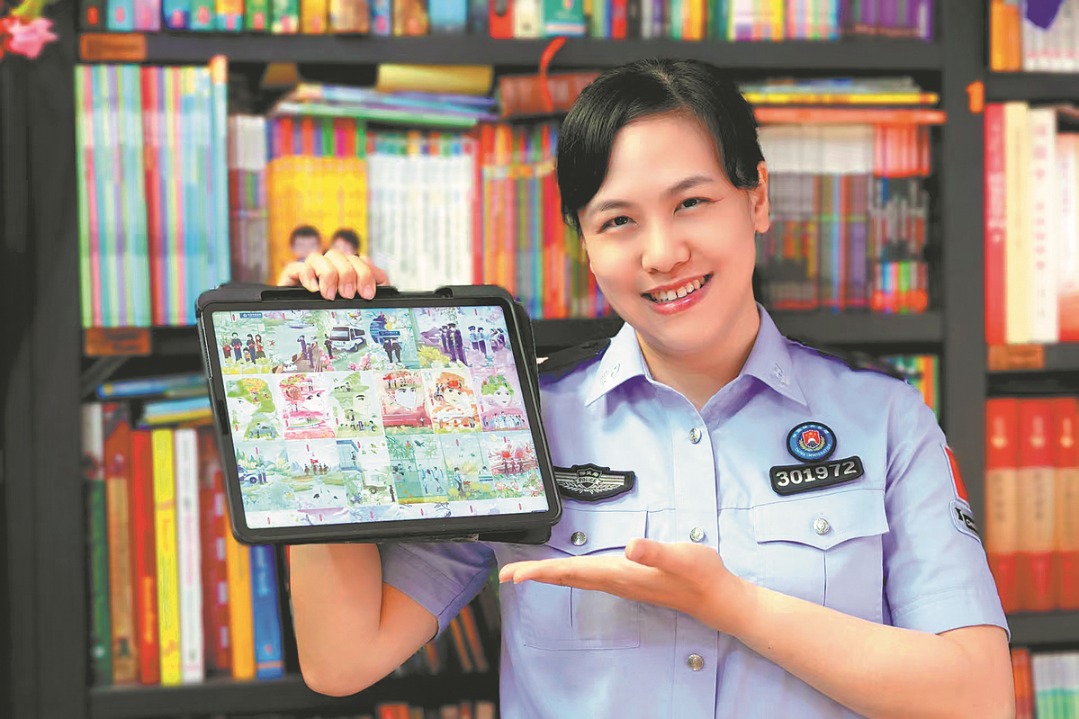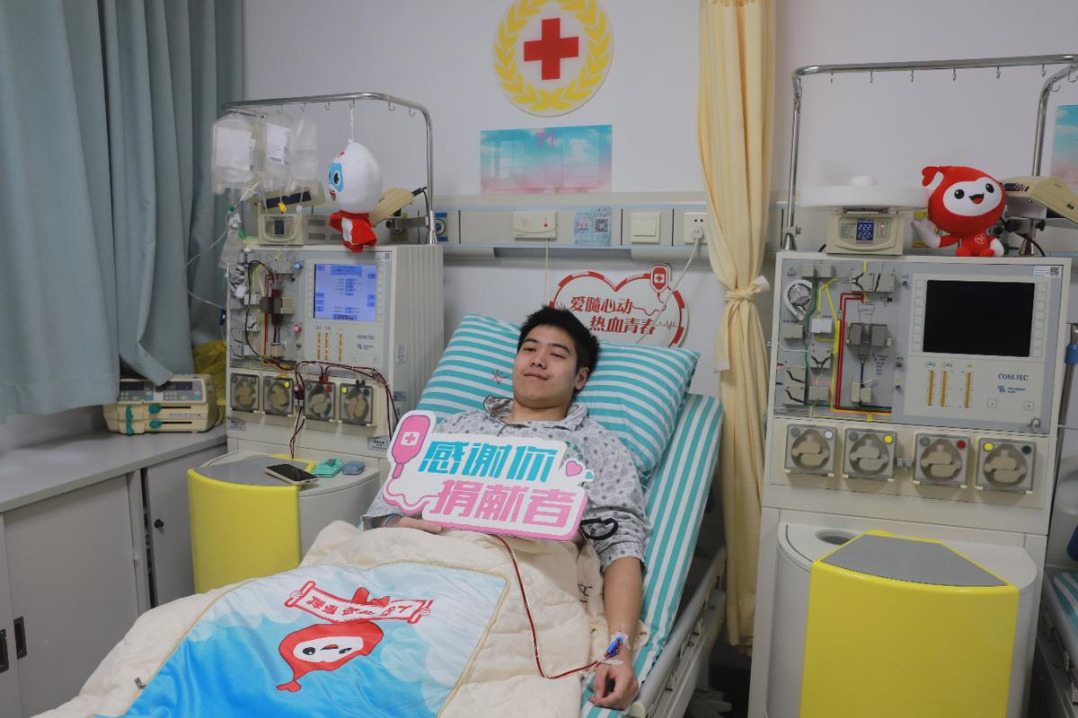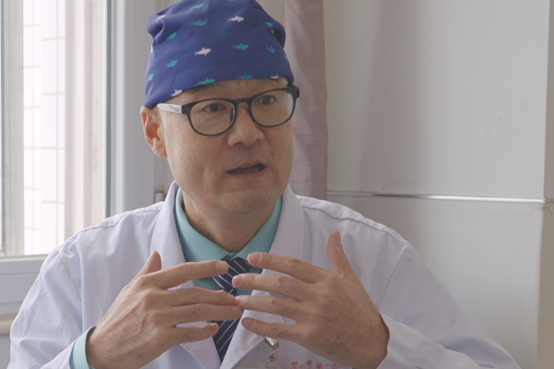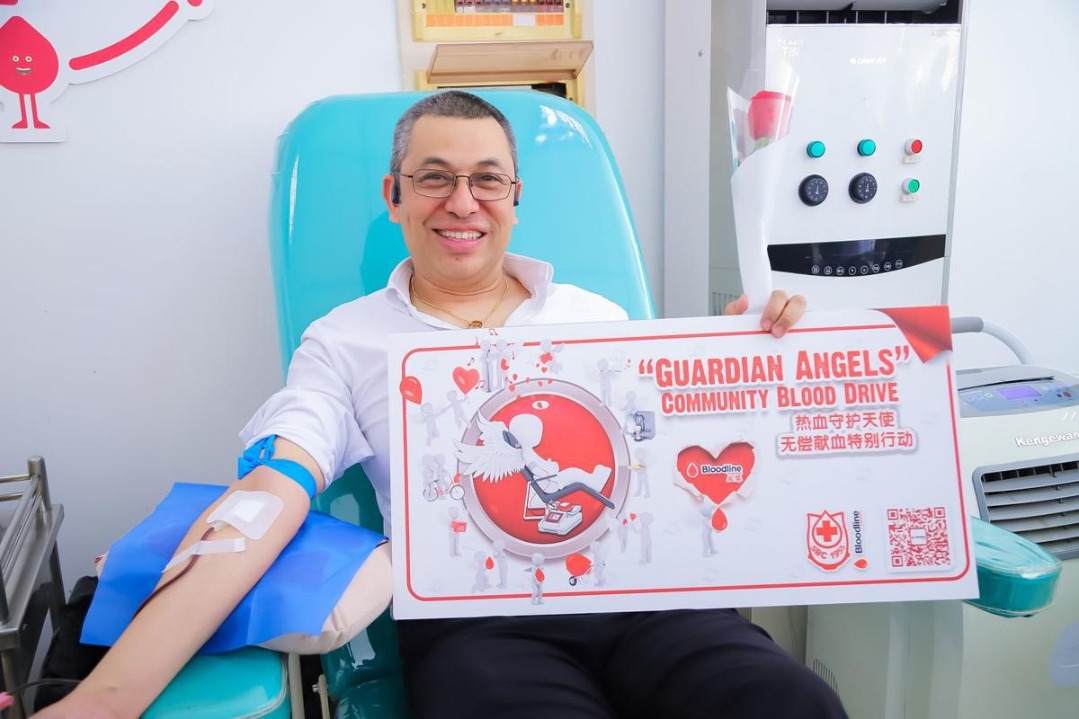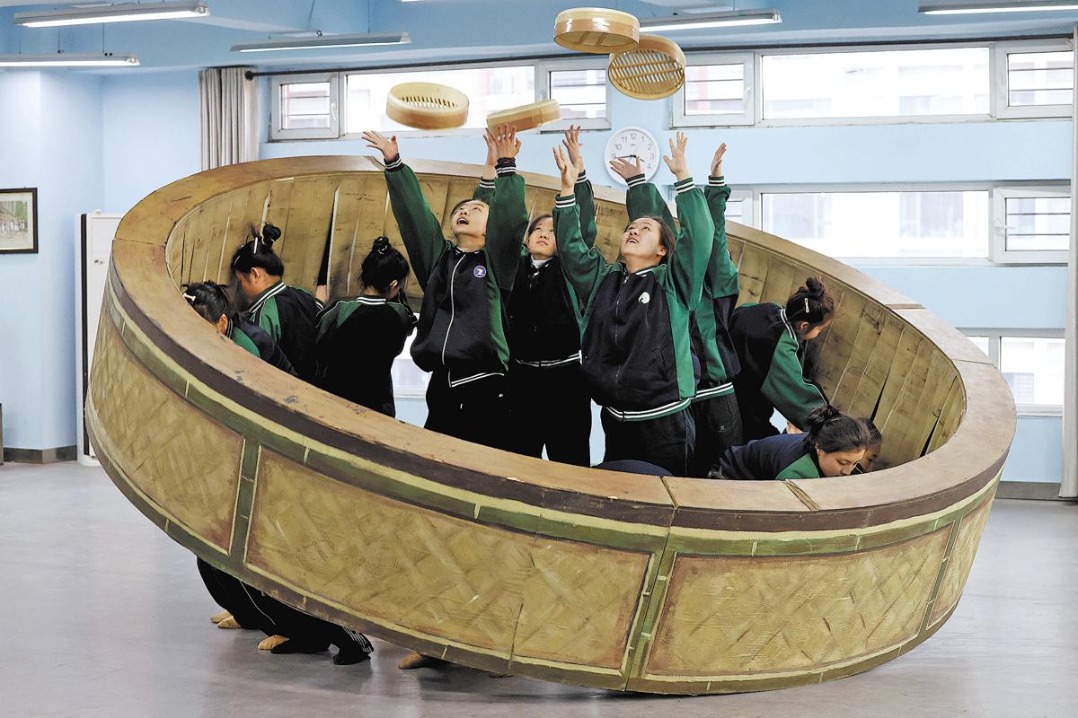Wuhan cleaner reveals why she stepped forward to work in isolation wards


When the 14-day isolation period came to an end last month, Zhang Chunxiang and 14 other colleagues packed their suitcases, made their beds and left the hotel rooms spick and span in Wuhan, city at the center of the novel coronavirus outbreak, as if they had never lived there.
"I just didn't want to add troubles to others," said Zhang, 59, a sanitary worker in Wuhan, who was recently recruited to work in the hot zones at a local hospital treating COVID-19 patients.
On Jan 28, in the midst of the disrupted Chinese Lunar New Year festivities, Zhang got to know that her employer was recruiting cleaners for isolation wards at the western district of Wuhan Union Hospital.
She was among the 15 female cleaners who first entered the contaminated areas in Wuhan, the sealed-off city where the coronavirus emerged in December.
At first, Zhang's husband was against the plan, citing concerns that at the age of almost 60, she was susceptible to the virus. But she insisted, and assured her husband that she would use the same protection as hospital workers.
"I'm a cleaner, and I have no worries as my children are all married," she said at a news conference held by the State Council Information Office in Wuhan on Sunday.
"If no one does the cleaning there, the situation would become worse, and therefore I decided to step forward and sign up for the mission," she added.
Before Zhang and her colleagues officially started, nurses taught them to how to dress up in protective gowns. They also learned how to wash hands thoroughly and seal the garbage bags, she said.
They worked on an eight-hour shift, cleaning and disinfecting wards as well as emptying the chamber pots for patients.
Zhang said every time they entered hot zones, hospital workers would examine if they were wearing protective gowns, goggles and face masks in the correct way.
As the protective suits were in short supply at the beginning, they had to stay in contaminated region for at least four hours, with no breaks for drinking or bathroom.
She said she was frightened the first time, but was relieved after seeing doctors from Beijing and the northeastern province of Heilongjiang were concentrated on treating the patients.
"I thought they are from out of the town and are risking their lives to aid us. What should we Wuhan locals be afraid of?" she said.




















